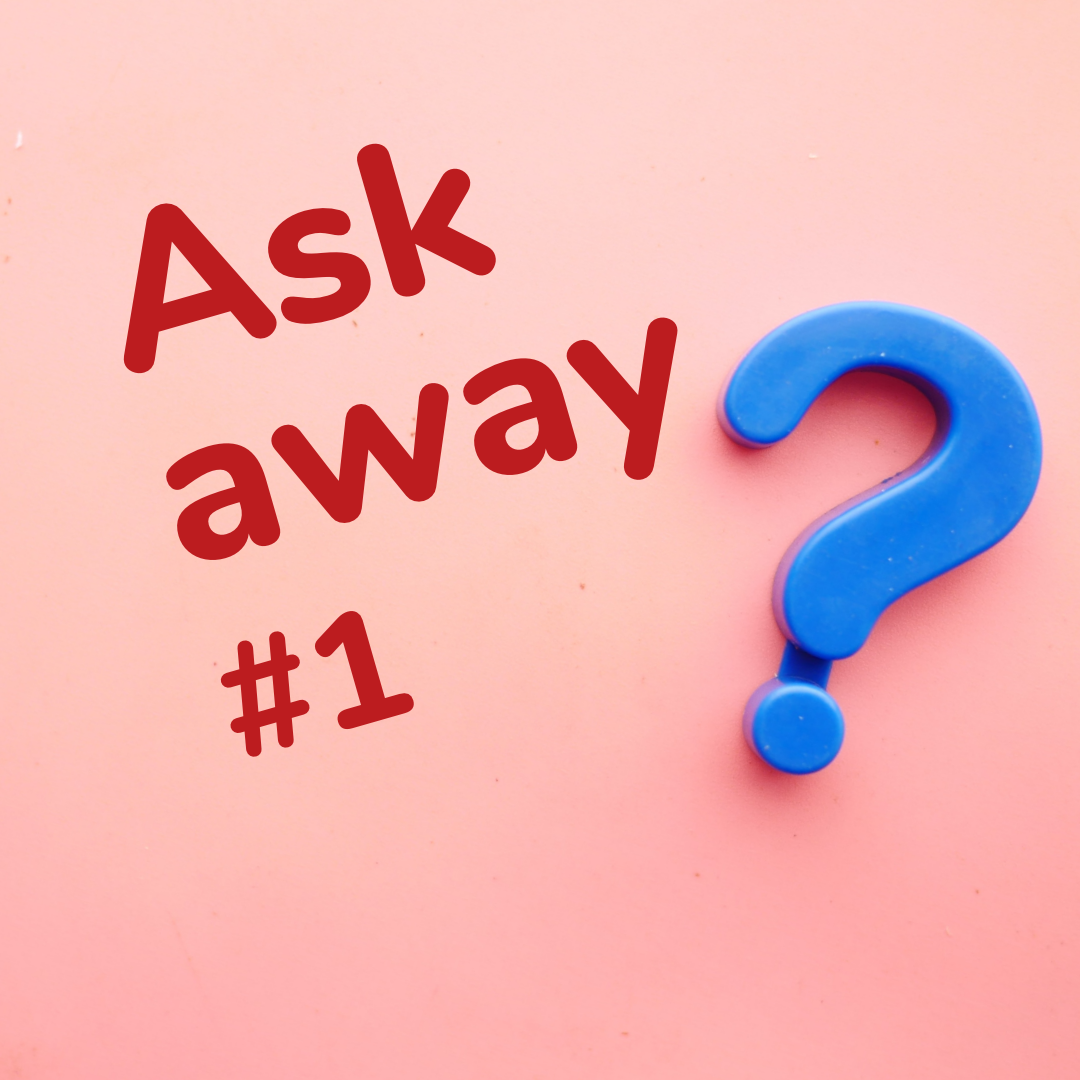I'm an expert on nothing, but here I am, replying to your questions, giving advice or self-reflecting.
Got a question? Please send it to [email protected], or message me on Instagram, Twitter or anonymously with NGL.
Question 1.
My parents have never supported me financially since I left home, but they have done so for my other siblings on several occasions.
They are now pushing me to lend my brother 60K out of my 80K savings because his wife is pregnant and wants to buy "a nice house in a nice area, appropriate for the child", that they cannot afford.
I don't want to give the money, but I feel bad about it. I would also like to buy an apartment one day, and I don't think I will have this money back by then. If I do get the money, it will most probably be from my parents and not my brother.
Any advice?
This is not the first time I've heard a story like this. In fact, it's the third! I think parents tend to support the children they expect will bear their grandchildren more. I don't blame them for that. It's pretty hard to raise children, and we should all be as supportive as we can (as long as they remain at a comfortable distance).
I don't know how I can nicely put it, but my advice would be to f****** keep your money in your bank account till you buy them a nice gift for the baby and a nice gift for the house. 60K is far too large of a present.
I understand how it can feel sour to have this kind of discussion with family. You might feel like you are the reason they might not get the house, but it sounds like you are the ONLY reason they would get this house.
Feeling bad because you didn't give money is usually more fortunate than feeling bad for not having money and feeling swindled.
If it's hard to deal with family and need a temporary fix, tell them you put all your money in the stock market last year, and it won't be 80K if you cash out today but way less. Depending on the stock market, you can save some time until they hopefully buy a more affordable house, and you don't need to give them any money.
In any way, never give this much money while feeling butterflies in your stomach. Your stomach knows better.
Question 2.
How do you challenge your own perceptions of what masculinity should be? Are there any toxic behaviours you call yourself out for? And how do you work on them?
I've never thought about what masculinity should be. I know everything I don't want it to be (and I'm writing a book about it)! I don't want it to be toxic by making anyone feel they have to be something specific to be called men, but I also don't think everything old-fashionedly manly is inherently toxic.
The truth is that it's been a while since I've felt challenged with my perception of what things are or should be, and I'm afraid this might be a sign of growing old and getting too comfortable.
I often wonder what I'll consider toxic or problematic a few years later. The first thing that comes to mind is how I use apps like Grindr. I spend more time than I'd be proud to admit. Somehow, I spend less time interacting with people and more time seeking to cover my desires on the spot. It's very common for me to not respond to messages, and anyone would think I'm rude, but I don't have enough time to respond to everyone, and quite honestly, most of the time, it's better for me not to do so.
My way of working on my flaws when it comes to queerness, gender, sexuality, and everything related to it is by listening, reading and not accepting even if I can't understand it. Due to my work as a designer and past experiences, I've learned to grill negative feedback in my head until I break it down into pieces that will make sense to me.
Reflecting on what behaviours might be toxic or at least problematic is a good start on growing, so thanks for this question; it has put me into a lot of thinking the past week.
Question 3.
What's the difference between an open relationship & friends with benefits?
Two labels of two different things can mean the same things to some.
Without conducting research, I'd say:
- Open relationships are relationships between two partners committed to being together in any way or format other than friendship.
- Friends with benefits are friends that have sex with each other. Friends with benefits have fewer chances to involve romantically with each other, get married, have children together, go to a wedding together as a couple, share a bank account, text each other before they sleep, etc.
As I said, the above are just examples. People can do whatever they want and consider themselves in an open relationship or an FWB situation. Who am I to define them?
Question 4.
What motivates you to run questionmark?
So many things!
I'm learning a lot, and I need that. It feels like I'm doing work (which is comforting somehow for me), but it does not really work.
Over the different posts, we have managed to do some things that touched me a lot. Questionmark has given a voice to several people to tell their stories, share traumatic and horrific stories that they don't often have the opportunity to do, and teach us some lessons, so come out to their friends; we helped Joseph help find a way to reach Europe and get asylum, and inspired several people to try open relationships! These are some of the things I'm most proud of.
I hope one day it will be bigger and more impactful than I have ever dreamt of. That's why I'm looking for more people that have ideas for content and would be up to contribute. If you are one of them, reach out to [email protected]
Got a question?
Please send it to [email protected], or message me on Instagram, Twitter or anonymously with NGL.


